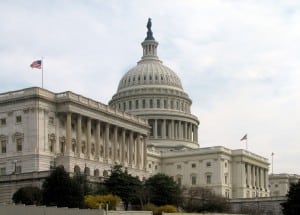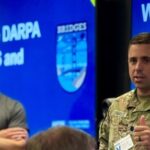
The U.S. Chief Information Officer (CIO), Tony Scott, defended the leadership of the Office of Personnel Management (OPM) on Thursday, in the wake of the OPM hacks.“I think we need to be careful about distinguishing fire starters from firefighters in this particular case and they have my full support,” Scott said of Office of Personnel Management director Katherine Archuleta and OPM CIO Donna Seymour at a Senate Homeland Security and Governmental Affairs Committee hearing.Scott was responding to a question from…

 By
By 











